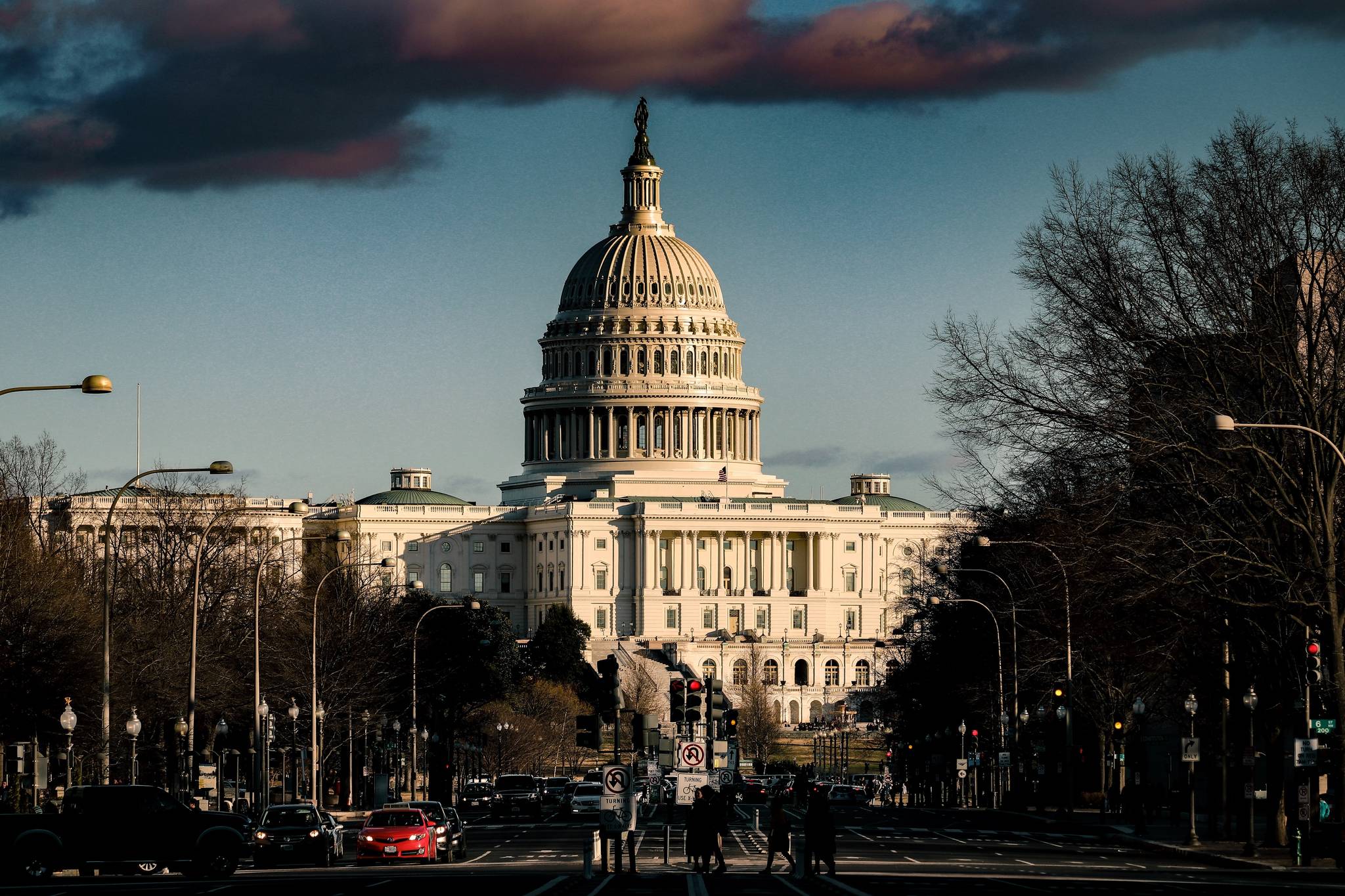By Rich Moniak
Sen. Joe Manchin, D-W. Va., is right to oppose H.R. 1, the “For the People Act” passed by House Democrats. Enacting an election reform law with zero support from Republicans “won’t instill confidence in our democracy,” he wrote, “it will destroy it.”
There are other good arguments against it. Prefaced by Donald Trump’s attempts to overturn the 2020 election, and laws being passed by Republican-controlled state legislatures that make it “easier for partisans to tamper with election results,” the New York Times editorial board wrote H.R. 1 “is poorly matched to the moment. The legislation attempts to accomplish more than is currently feasible, while failing to address some of the clearest threats to democracy.”
The right thing for Democrats to do now is what the late Sen. John McCain, R-Ariz., said after he gave his dramatic thumbs down that foiled his party’s attempt to repeal Obamacare in 2017.
“We must now return to the correct way of legislating and send the bill back to committee, hold hearings, receive input from both sides of the aisle” and “produce a bill” that reflects “the hard work our citizens expect of us and deserve.”
McCain wasn’t alone that night. Republican Sens. Lisa Murkowski, Alaska, and Susan Collins, Maine, also opposed the repeal bill.
It would be wrong to suggest that they did so only because no Democrats backed it. Because the hard work on healthcare was pushed aside for the purely partisan Tax Cuts and Jobs Act of 2017. And five months later, McCain, Murkowski and Collins all voted in favor of it.
But those who applauded them for opposing the repeal must recognize that Obamacare was preserved only because they responsibly exercised their minority rights as members of the majority party.
That’s what Manchin is doing.
Not so, says James Downie at the Washington Post. Calling the desire for bipartisanship delusional, he argues Manchin has failed to cite any policy concerns with H.R. 1 or explain how partisan election reform will further divide the country.
But Manchin’s point is the policies won’t matter if they lead either side to lose trust in the integrity of our elections.
The evidence Manchin is right can be found in the reaction by Democrats to the partisan election reform passed in Florida, Georgia, and Texas. Claiming that the new Republicans laws were written to suppress the votes of racial minorities sows preemptive doubt in the mind of any Democratic candidate, and those who support him or her, that an upcoming election will be free and fair.
“Do we really want to live in an America where one party can dictate and demand everything and anything it wants, whenever it wants” Manchin asked in his op/ed. “The truth is there is a better way – if we seek to find it together.”
Rep. Louise Stutes, R-Kodiak, understands that as well as anyone. Shortly after the 2016 election, she and two other Republicans in Alaska’s House of Representatives worked with Democrats and independents to form a bipartisan majority. The state Republican Party chairman accused all three of falsely presenting themselves as Republicans to voters during their reelection campaign. If they didn’t leave the Republican Party, he promised they’d face a challenger recruited by the party in 2018.
In response, Stutes wrote “there is no such thing as party dictatorships in the state of Alaska, or elsewhere in the U.S. … We live and work in a democratic society and I am not going to submit to intimidation, public or otherwise, while I am serving in the Alaska Legislature.”
Stating she’s always put her constituents and the state’s interest ahead of her party’s, Stutes went on to be reelected in 2018 where she served in another bipartisan majority. And despite being only Republican in the new majority coalition, she’s now Speaker of the House.
And Democratic voters across Alaska are grateful she stood her ground.
The majority’s minority isn’t always a high-minded voice of reason. But it’s childish and unproductive to accuse them of intentionally aiding the opposition party.
Moreover, suppressing minority views within a party sends the message to the other side that compromise with them must also be off the table. And regardless of whether it’s Republicans or Democrats in the majority, that’s a recipe for government run by one party dictatorships.
• Rich Moniak is a Juneau resident and retired civil engineer with more than 25 years of experience working in the public sector. Columns, My Turns and Letters to the Editor represent the view of the author, not the view of the Juneau Empire. Have something to say? Here’s how to submit a My Turn or letter.

